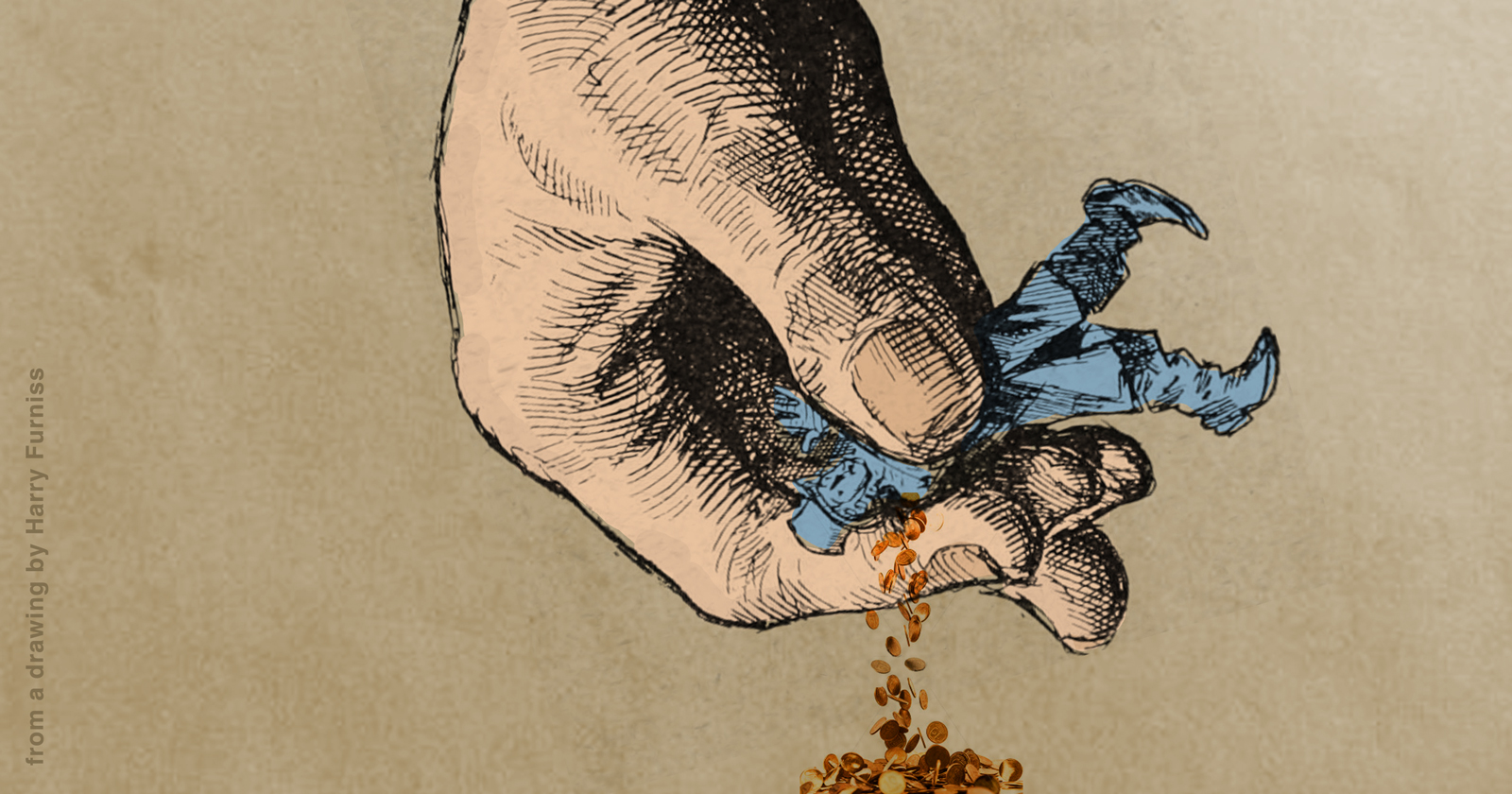As Tax Day approaches, you can bet the Internal Revenue Service has readied itself to help taxpayers file their returns.
No?
“It’s abysmal,” admits IRS Commissioner John Koskinen, discussing his agency’s help for Americans trying to decipher a byzantine, ever-changing tax code.
It seems only four of ten citizens ever succeed in getting through to the IRS on the phone, even after waiting multiple hours. Over days. There have been over 5 million “courtesy disconnects” — that’s IRS lingo for its phone system hanging up on you.
To boot, once you get to a real person, that employee can’t tell you much.
The problem? According to the Washington Post, the poor agency lacks the necessary funds because “Republicans on Capitol Hill have slashed the IRS budget.”
Actually, the IRS budget has gone up every year . . . in nominal dollars. When adjusted for inflation? Well, there has been some decline.
Bemoaning this supposed “era of shrinking government,” the Post assails conservatives in Congress, citing the “cuts” as “punishment for a string of missteps: an extravagant conference for employees in Anaheim, Calif., the targeting of conservative groups seeking tax exemptions, $1 million in bonuses given to agency employees who didn’t pay their federal taxes.”
Punishment seems in order.
But another story puts in perspective this crocodile cry for more money. The Daily Caller recently reported: “The Obama administration has quietly killed an IRS tax preparation program designed to help low-income and disadvantaged citizens, choosing instead to give millions of dollars to liberal groups for the same purpose.”
Look on the bright side, a review of these help-groups found their advice to have a mere 49 percent error rate.
This is Common sense. I’m Paul Jacob.


